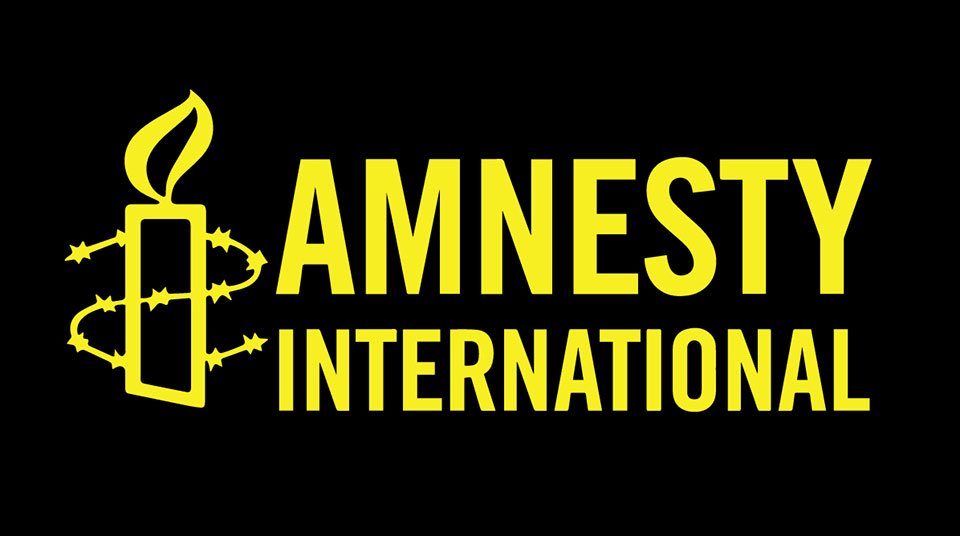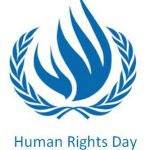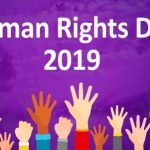The Nigerian authorities must adopt a rights respecting approach and give clear instructions to security agencies not to abuse their powers as the nation tightens its effort to tame the COVID-19 pandemic, which compelled the authorities to impose lockdown and inter-state movement restrictions, Amnesty International said today.
According to the Director of Amnesty International Nigeria, Osai Ojigho, “As the nation observes the 14-day lockdown, the rights of citizens must be respected and protected, including the right to health care, security, and access to sufficient food and water”
“The national response to COVID-19 must be inclusive, to ensure that prisoners, internally displaced persons and other marginalized and vulnerable communities are not left out at of any stages of the fight against the virus.
“While acknowledging the size of the challenge and efforts made by authorities to fight COVID-19 across Nigeria, we are also concerned by reports and videos circulating on social media showing violations of human rights, that include beatings by law enforcement agencies tasked with ensuring compliance with the lockdown,” said Osai Ojigho, Director of Amnesty International Nigeria.
“As the nation observes the 14-day lockdown, the rights of citizens must be respected and protected, including the right to health care, security, and access to sufficient food and water. The lockdown must have a human face; enabling people to have access to vital needs and relief for those who can no longer earn a living since the majority of Nigerians are daily earners and live below poverty line.”
“As a matter of urgency, the Nigerian government should implement transparent income support programs targeted at the most vulnerable populations. Millions of Nigerians who live in informal settlements without access to basic services are at higher risk of COVID-19 infection. Government should ensure that the rights to health, food, water and sanitation are realized in such settlements.
“At this time of crisis, the Nigerian authorities have a human rights obligation to ensure that the most vulnerable and marginalized sections of the population, such as persons living with disabilities and the homeless, have sufficient access to the services needed to give them the best chance of survival. This will include access to health services and facilities and the provision of emergency shelter, especially where needed to allow homeless people, including children in street situations to be protected.
“For women and children who are experiencing domestic violence, the lockdown exposes them to further dangers from their abusers. Domestic violence advocates and service providers are increasingly facing difficulties in providing support for victims of abuse, having not been granted exemption in the application of the 14-day lockdown. This must be reviewed as Nigeria is obliged to implement appropriate measures to ensure the protection of women and children from all forms of violence and the government should increase support for services and protection, including shelters, hotlines, online advice platforms and criminal justice processes during the period of lock down.
“The scale and deadly nature of the pandemic which has spread to over 201 countries and territories has made it necessary for governments to implement extraordinary measures. But collective efforts to curb the spread of the pandemic must be followed up with commensurate effort to ensure that timely testing and treatment are available and accessible to all Nigerians,” said Osai Ojigho.














